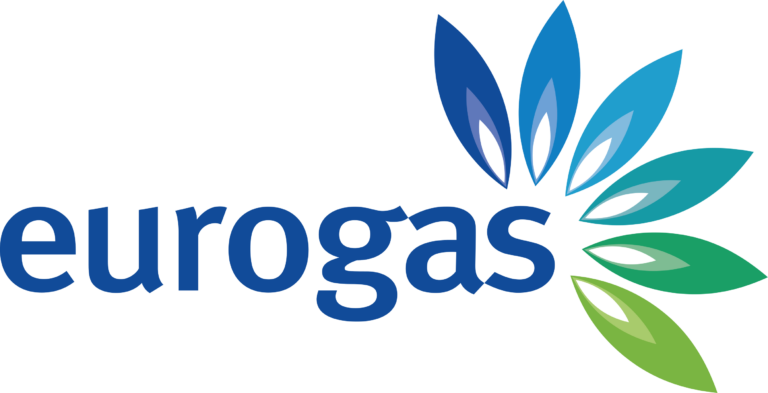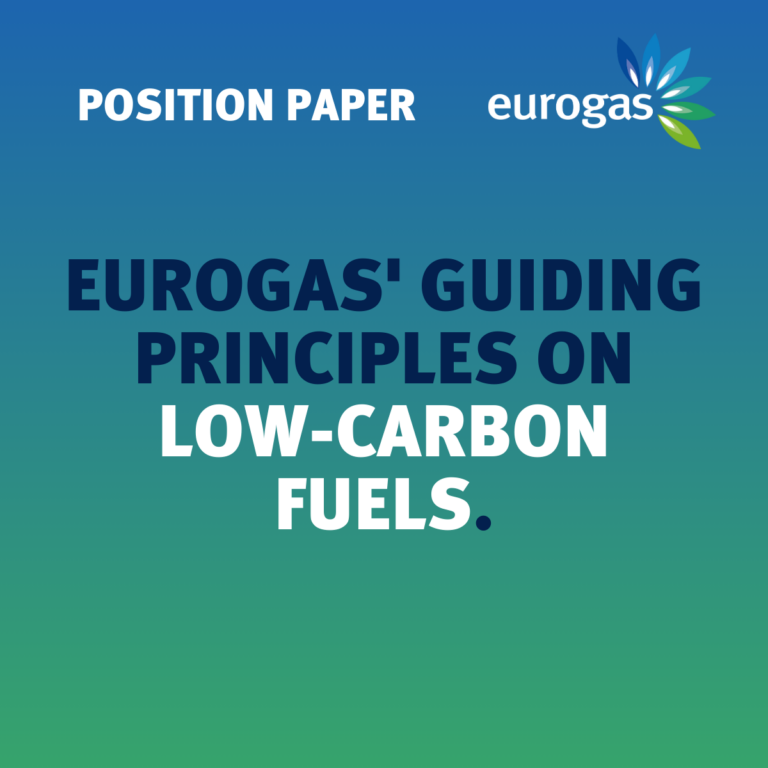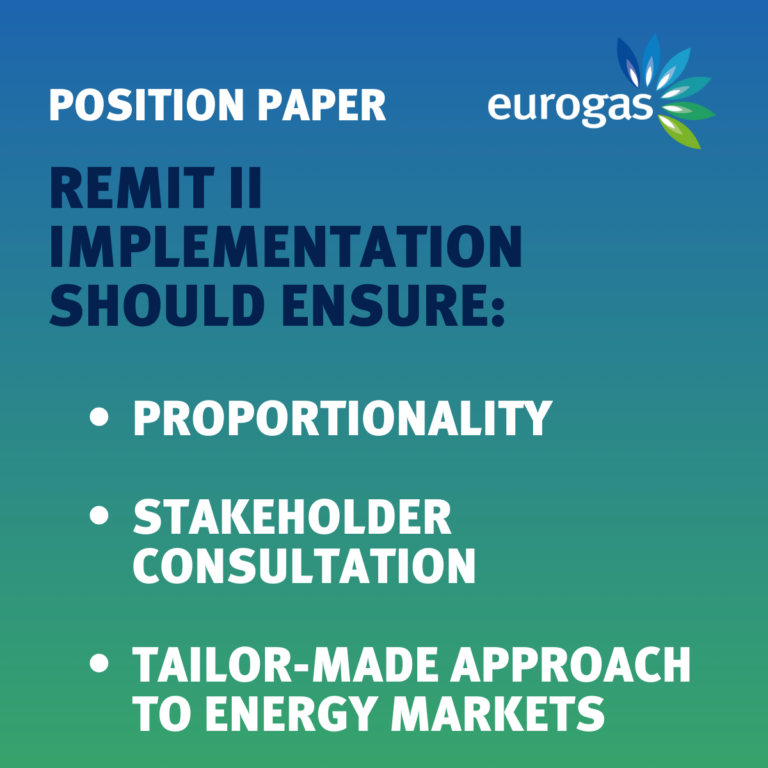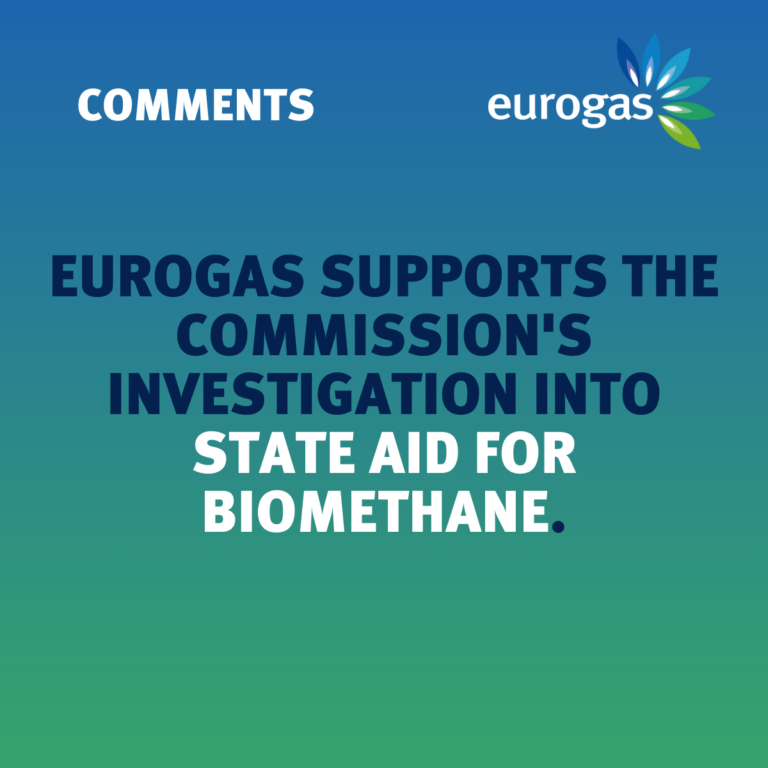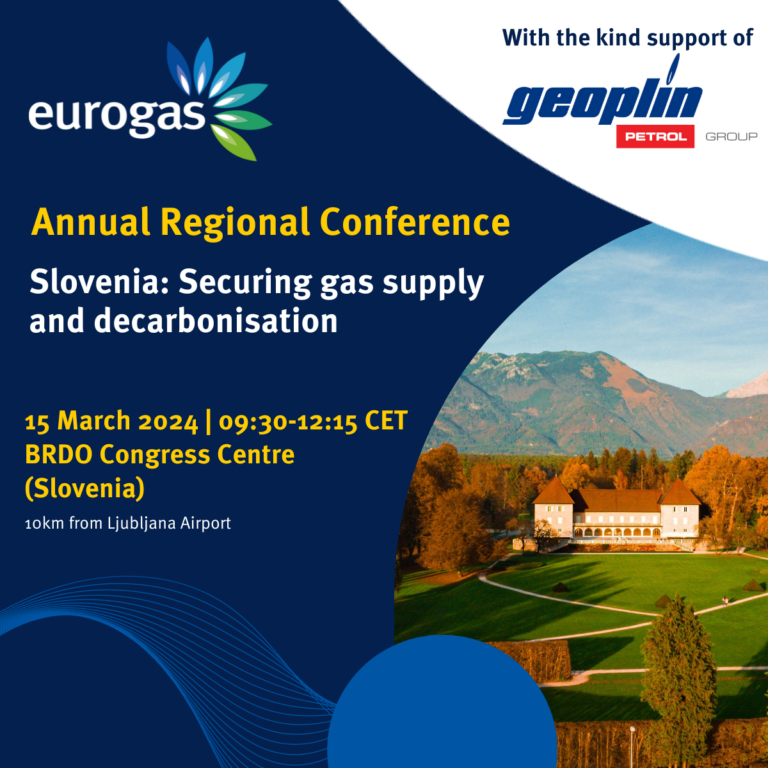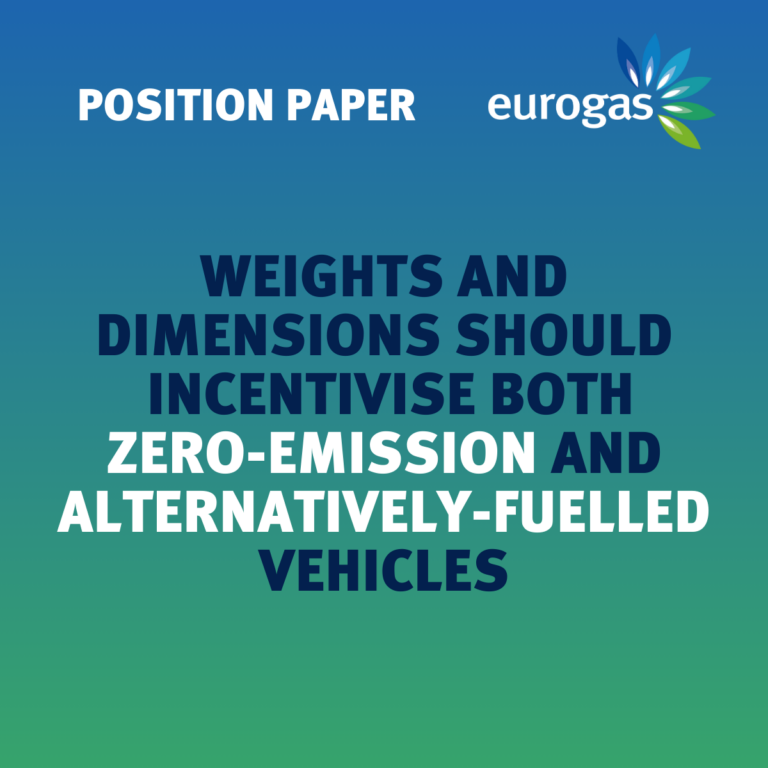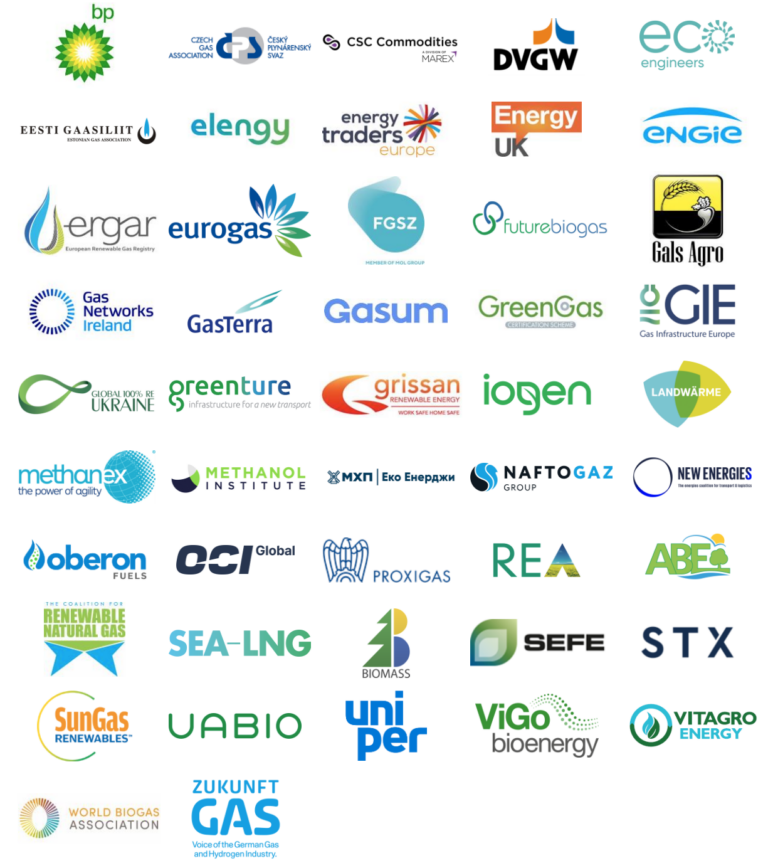 JOINT EDITORIAL | By Didier Holleaux, President of Eurogas, and Timm Kehler, President of NGVA Europe Dear readers, Hello and welcome to the January edition of Eurogas’ Molecules Newsletter. We hope you have had a pleasant start to the new year and we wish you a successful, productive and happy 2024. We begin this month’s newsletter with an announcement: Eurogas and NGVA Europe have merged. This is the culmination of many years of close collaboration and synergy between Eurogas and NGVA on topics related to gas in transport. Our organisations have cosigned joint papers and frequently shared information and resources to better support the sector’s decarbonisation. This close alignment represents a continuous, shared vision for a future net-zero European transport sector in which gaseous fuels will have an important role to play. NGVA Europe merging with Eurogas means the latter is able to build upon its activities in maritime and road infrastructure with the technical experience of the former regarding natural gas and biomethane in road transport. This merger also means taking the transport focus of NGVA and broadening it to fit the gas sector more holistically. Eurogas brings expertise in renewable and low-carbon gases, including hydrogen, to the table, which make the voice of gaseous fuels in transport even stronger. Moving forward, Eurogas’ Transport Committee will continue to focus on the files relevant to all forms of European transport. We will thus continue working together on the implementation of FuelEU Maritime, CO2 standards for vehicles and CountEmissions EU for efficient, future-proof and Europe-wide decarbonisation. There is no silver bullet technology that will get us to net zero by itself. Policymakers have included these alternative fuels in various Green Deal files exactly because of their ability to provide emissions reductions quickly within the rest of the energy mix. Eurogas and NGVA Europe have endorsed this at every step, as renewable and low-carbon gases can provide solutions that help us bridge the gap between idealism and realism. It is worth remembering that, to meet our 2050 targets, we must also plan to meet our intermediate targets. European transport cannot idle behind the idea of eventual full electrification but rather must work to make emissions reductions in the present. Gas infrastructure is an important complement to this in the transport sector. Both natural and, increasingly, renewable gaseous fuels can be employed in already-available infrastructure for quick emissions reductions. The unification of NGVA and Eurogas is the unification of the two biggest voices for gaseous fuels in transport. We advance as one with stronger input, supported by our technical and industry expertise, to promote the capabilities of gaseous mobility, or ‘gmobility,’ to reduce emissions. To this end, we also celebrate the decision of 28 former members of NGVA Europe to join Eurogas alongside the many companies and institutions which were already members of both associations. This great membership expansion reflects the sector’s increasing trust in Eurogas’ ability to represent it on its path to net zero. We include an introduction by one of our new members, Westport Fuel Systems, below. For more information, you can read our joint statement about the merger or listen to a special edition of the Molecules Pod below in which we discuss it further. Additionally, readers who are interested in transport will be glad to see it featured prominently in Eurogas’ 2050 study, set to be published this April, and at our Annual Conference on 18 April. Thanks for reading,  |
Subscribe to our newsletter to stay on top of the latest news from the industry.
